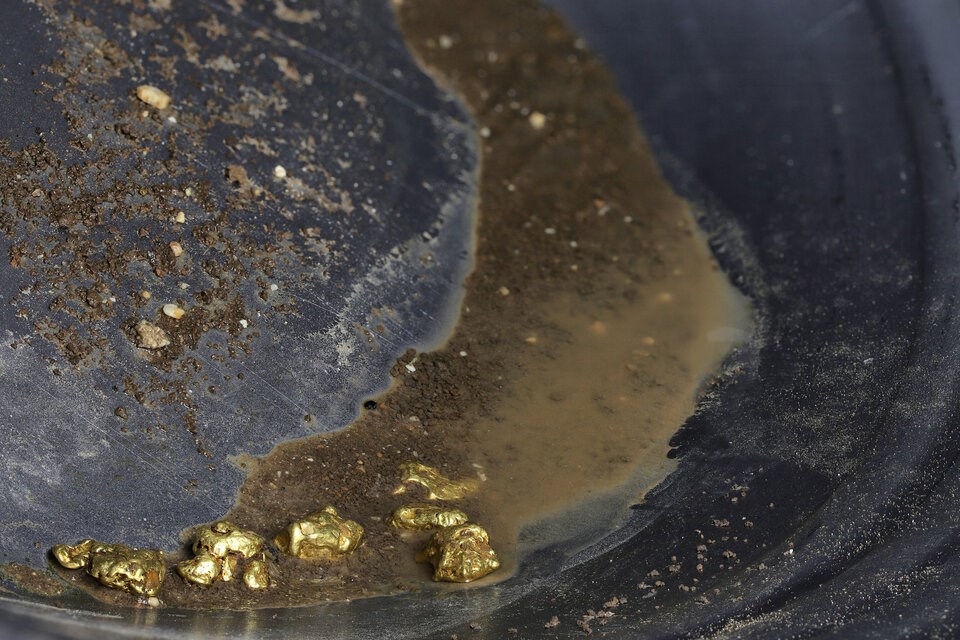A mining company that listed its headquarters at a residence in West Vancouver has been handed a $80,000 penalty for pumping effluent into a creek near Quesnel, B.C.
The penalty, handed to Greenhills Holdings Corp. Oct. 8 but released to the public this week, describes a 2023 incident in which the company pumped effluent from the gold mine’s tailings ponds across a road and into a bermed area near Alice Creek.
When the berm failed, effluent high in sediment poured into the creek, later making its way into two more creeks and the Cottonwood River. Sediment from the unauthorized discharge was detected as far as 15 kilometres downstream, according to Environmental Management Act director Jennifer Mayberry.
“Greenhills appears to have been either intentionally in contravention or at least willfully blind to the potential for the contravention during an event as predictable as heavy rainfall,” wrote Mayberry.
The decision relied on information provided by the Ministry of Energy, Mines and Low Carbon Innovation (which had provided a placer mine permit to Greenhills), the Ministry of Forests, and natural resource officers who inspected the site.
The company did not respond to a request to comment by publication time. But in statements provided to Mayberry, Greenhills rejected claims it had pumped sediment and mine sludge into the rivers.
“In fact, we do not even possess a sediment pump or sludge pump on site. We only have water pumps on site — which are only capable of pumping water,” wrote the company.
After heavy rainfall, Greenhills said its tailings ponds were in danger of overtopping. The company said it pumped water into logged areas far from any river or stream.
“We are deeply troubled that these false statements have been accepted by the ministry staff and the [Administrative Monetary Penalties] decision maker as ‘facts’” it added.
Greenhills agreed that “fish would probably prefer living in clear water over turbid water” but that the sediment that washed into the stream was “so fine they do not tend to deposit in running water and smother spawning reds or eggs.”
But according to Mayberry, the evidence before her suggested the company was responsible for a “major” contravention of environmental regulations, resulting in a potentially “very serious threat to the environment.”
The director wrote that river sedimentation impacts aquatic habitats by “reducing survival rates, causing gill irritation, making fish more susceptible to disease, affecting food sources, and suffocating fish eggs.”
She added $8,000 to the $40,000 base penalty for the “deliberateness” of the contravention. The director also removed $8,000 for the company’s efforts to correct the its errors.
“Immediate measures were not taken to prevent further and future discharges,” wrote Mayberry.
The company said that it had only recovered a “minimal amount of gold” when the incident occurred and has since elected to cease operations and close the mine. It submitted it lost $44,900 on its operations there.
That did not appear to sway Mayberry’s final decision. She doubled the base penalty to $80,000 for the “repeat occurrence” of the contravention over the course of two days.
Payment of the penalty is due within 30 days of its issue. Greenhills has a right to appeal the case.





